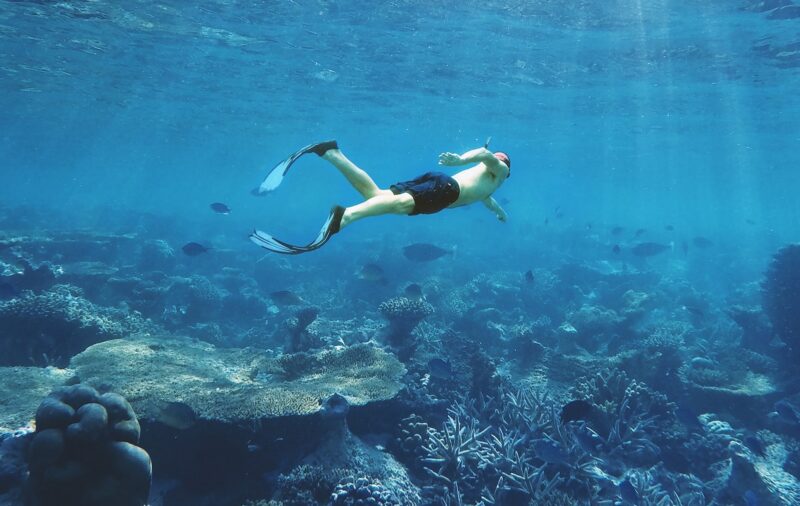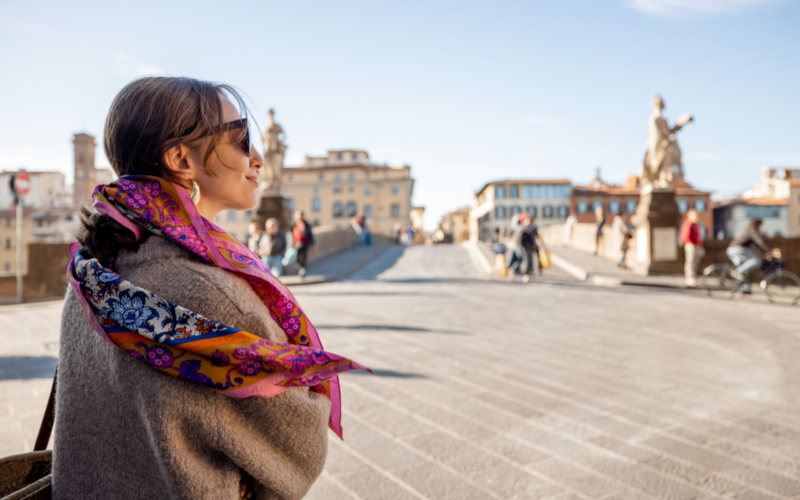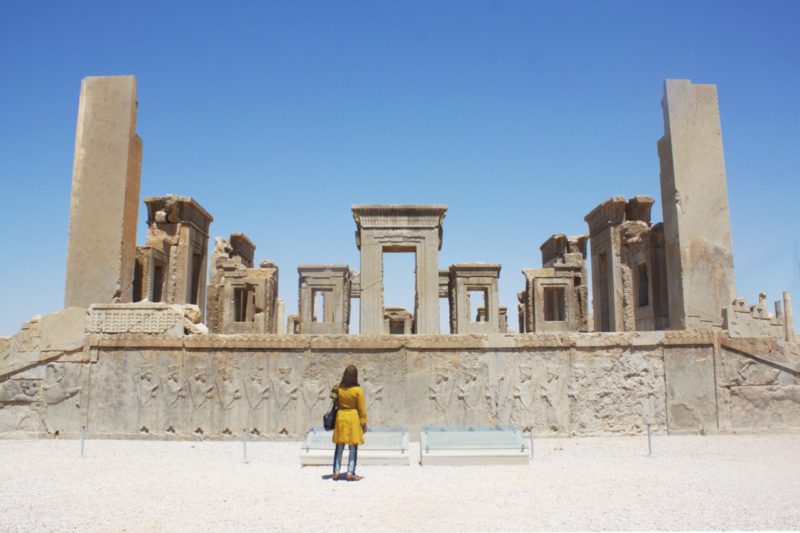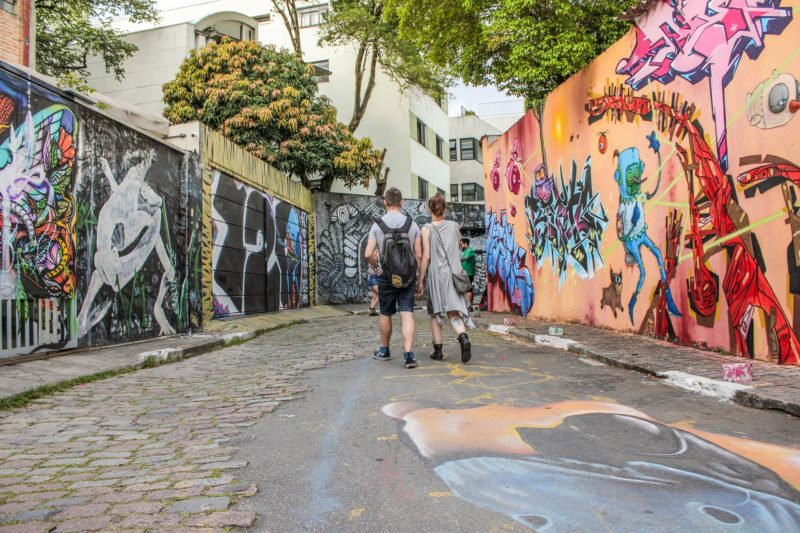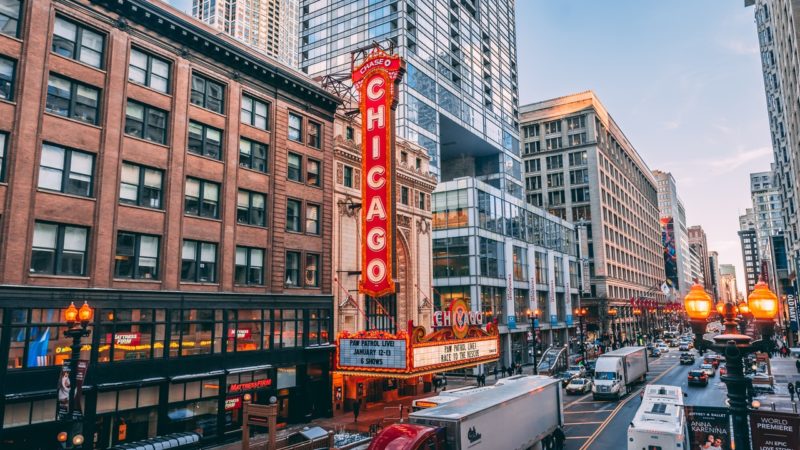The travel industry is full of unusual travel terms that can make it confusing to navigate. We put together the ultimate guide to sustainable travel terms.
Be sure to bookmark this glossary so you can refer back to it later!
Accessible Travel
What is accessible travel?
Accessible travel means creating experiences and expanding existing tourist sites to be inclusive of all types of travelers, regardless of ability. While it does include wheelchair ramps and lifts, it also means adding features not just to the physical destination but to the website as well. These inclusions make the whole experience accessible and enjoyable for those who might be differently abled.
Adventure Travel
What is adventure travel?
Adventure travel is a type of tourism in which travelers plan trips around adrenaline inducing experiences. This often includes physically difficult but exciting experiences like intense hikes in remote locations, bungee jumping, skydiving, and wild swimming.
Animal Welfare
What is animal welfare?
Animal welfare refers to the well-being of non-human animals. Animal-welfare laws vary by country and by species of animal. Animal welfare often includes the conservation and rehabilitation of animals.
Carbon Emissions
What are carbon emissions?
Carbon emissions are greenhouse gas emissions that are the result of human activities that burn fossil fuels. These emissions contribute to climate change.
Carbon Footprint
What is a carbon footprint?
A carbon footprint refers to a person’s individual carbon emissions that result from their lifestyle. Each person’s carbon footprint differs by their habits, like travel style (first class or economy, plane or train, car or bike), eating habits, and more. Calculate your carbon footprint here.
Carbon Neutral
What does carbon neutral mean?
Carbon neutral refers to the lowering to zero of the overall net amount of carbon emissions. This can be done in two ways, either by eliminating the emission in the first place or by offsetting or balancing out that emission with other actions. For example, a company might produce 10kg worth of emissions when producing a single product, so for each product, they plant a certain number of trees to offset these emissions.
Carbon Offsetting
What is carbon offsetting?
Carbon offsetting means doing or paying for actions (like planting trees), which offset carbon emissions (also known as greenhouse gases).
Circular Economy
What is a circular economy?
A circular economy is a model of production in which all sectors work together to create new products from old items. This ensures that fewer items go to a landfill and instead, the design, recycling, and retailer sectors all work together to keep reusing items.
Climate Change
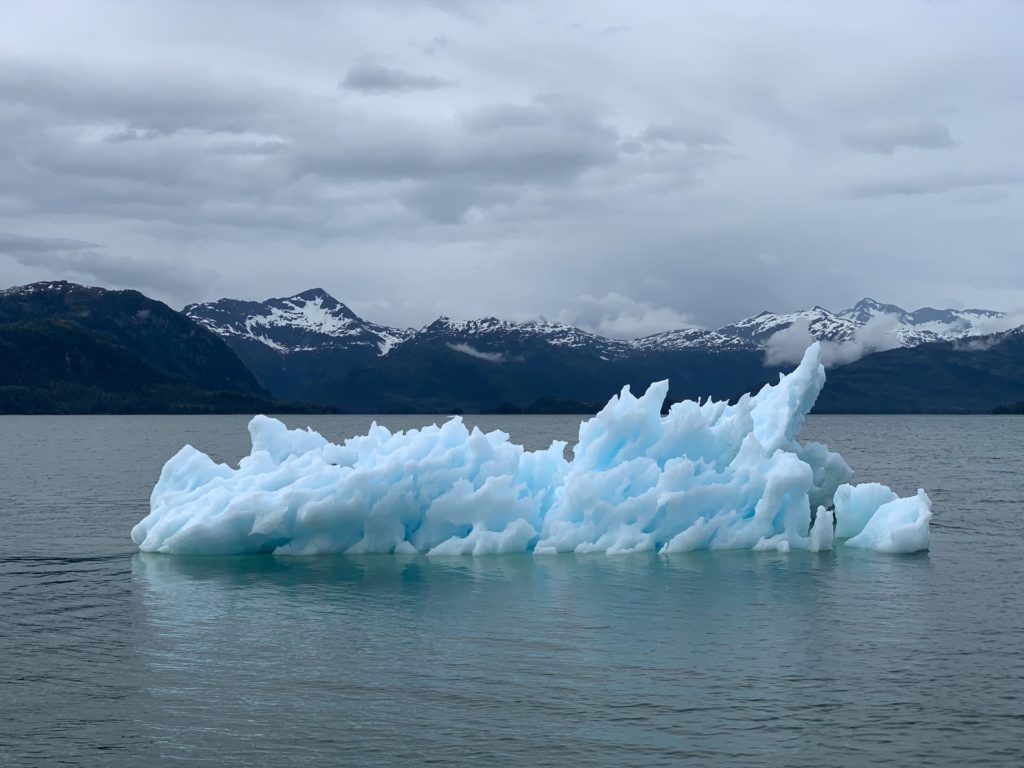
What is climate change?
Climate change refers to the rising temperature of Earth and seas, due to the deteriorating ozone layer. Climate change causes unusual and often deadly weather and is detrimental to ecosystems.
Community-Based Tourism
What is community-based tourism?
Community-based tourism is a form of sustainable tourism where local communities invite travelers into their lives and communities. This helps support the local economy and gives tourists an authentic insight into the lives of locals.
Conscious Travel
What is conscious travel?
Conscious travel means being mindful of the impact that your travels have on the environment, animals, and people. For example, a conscious traveler might make a specific effort to visit a destination that is in need of tourist income, rather than one that is over-visited.
Conservation
What is conservation?
Conservation is engaging with, or using a resource responsibly, in order to protect natural resources and preserve them for lifetimes to come.
Cultural Heritage
What is cultural heritage?
Cultural heritage refers to a society’s selected tangible and intangible items, stories, and habits that are passed down from one generation to the next. These can include historic buildings, food, music, and spiritual practices unique to an area.
Cultural Appropriation
What is cultural appropriation?
Cultural appropriation refers to the use of objects, often clothing, in a way that misrepresents and disrespects the original intention of the object as assigned by the original culture.
Cultural Tourism
What is cultural tourism?
Cultural tourism is a type of niche tourism where tourists actively participate in and seek out local cultural experiences.
Eco-Hotel
What is an eco-hotel?
An eco-hotel, also known as a green hotel, is a hotel that has made a conscious effort to put sustainability at the forefront of its mission. This often includes having been built with sustainable materials, the use of renewable energy, water conservation efforts, and responsible food suppliers. The use of eco-friendly items within the hotel and its rooms is evident.
Ecotourism
What is ecotourism?
Ecotourism is a type of tourism in which travelers opt to visit natural environments and do so in a responsible way that doesn’t harm the environment. The visit can often help to financially support the conservation of these areas.
Electric Vehicle
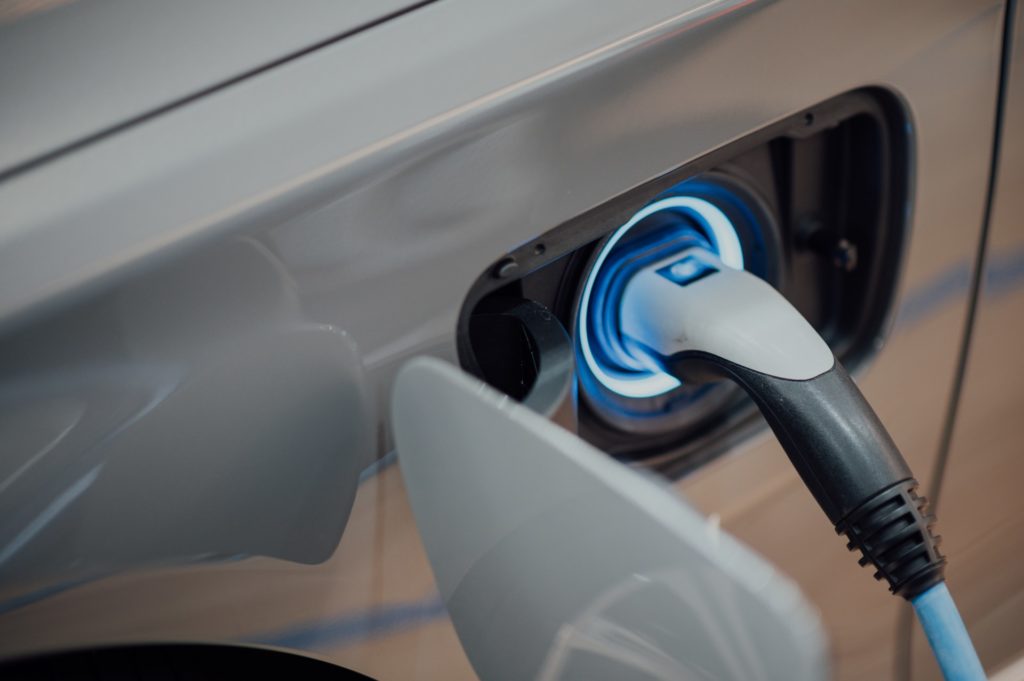
What is an electric vehicle?
An electric vehicle is a type of vehicle that uses electricity instead of petrol or diesel. Electric vehicles are considered more environmentally friendly because of how the electricity to fuel them can be created, for instance, through renewable solar or wind technology as opposed to burning fossil fuels.
Ethical Tourism
What is ethical tourism?
Ethical tourism is a form of tourism in which the tourist considers how their actions impact the local community and environment. Ethical tourism is becoming increasingly common with the goal of appreciating diversity and bringing tourist dollars to places where it’s needed, without exploiting the local community.
Ethical Photography
What is ethical photography?
Ethical photography is a form of photography in which subjects are photographed in such a way that is consensual and does not perpetuate stereotypes, or disrespect sacred spaces.
Exploitation
What is exploitation?
When related to travel, exploitation is the act of taking advantage of someone or something in order to profit or benefit from their work. For example, some places may call themselves wildlife “sanctuaries” when in reality they offer rides to tourists and exploit the elephants to make a profit.
Fair Trade
What does fair trade mean?
If a product is certified as “fair trade” it means that the relationship between the seller and the producer is equitable, and that producers are receiving fair payment for their work.
Flight Shaming
What is flight shaming?
Flight shaming is the act of making people feel bad for taking a flight instead of a more eco-friendly alternative.
Foodprint
What is a foodprint?
A foodprint refers to the carbon footprint that different diets have. For example, meat-heavy diets produce far more environmentally harmful emissions than local plant-based diets.
Geotagging
What is geotagging?
Geotagging is the act of tagging a location in a social media post. Geotagging can be beneficial for helping places get discovered, however, it can also result in overtourism.
Greenhouse Gas
What is a greenhouse gas?
Greenhouse gases are the gases released from burning fossil fuels. Greenhouse gases harm the Earth’s ozone layer and result in climate change.
Greenwashing
What is greenwashing?
Greenwashing is the act of a business falsely promoting its product or service as being eco-friendly or sustainable in order to benefit from the trend of consumers preferring eco-friendly experiences and merchandise. This can happen if a business wants to hide its harmful product or activities behind false claims or doesn’t want to go through the process of ensuring that their product or service actually is good for the environment.
Greywater
What is greywater?
Greywater refers to domestic wastewater. It has contaminants like soap, toothpaste, shampoo, etc, and needs to be disposed of at specific facilities so that it can be treated properly.
Homestays
What are homestays?
A homestay is when a traveler stays with a local family or person and is able to experience their way of life. Homestays are an affordable and authentic way to learn more about a new community.
Hybrid Cars
What are hybrid cars?
Hybrid cars run off of both electricity and petrol. Often when driving at slower speeds, they run solely off of an electric rechargeable battery while at higher speeds they use petrol.
Indigenous Rights
What are Indigenous rights?
Indigenous rights refer to the rights that Indigenous people have to their land and customs.
Light Pollution
What is light pollution?
Light pollution refers to the light from any human-generated source of light that prevents the night sky from being seen clearly.
Living Wage
What is a living wage?
A living wage is an hourly wage that is calculated based on the cost of living in that area. A living wage is often higher than minimum wage.
Local Purchasing
What is local purchasing?
Local purchasing means purchasing goods and services generated from the local community. This helps to support the local economy because funds go to local people.
Nature Reserve
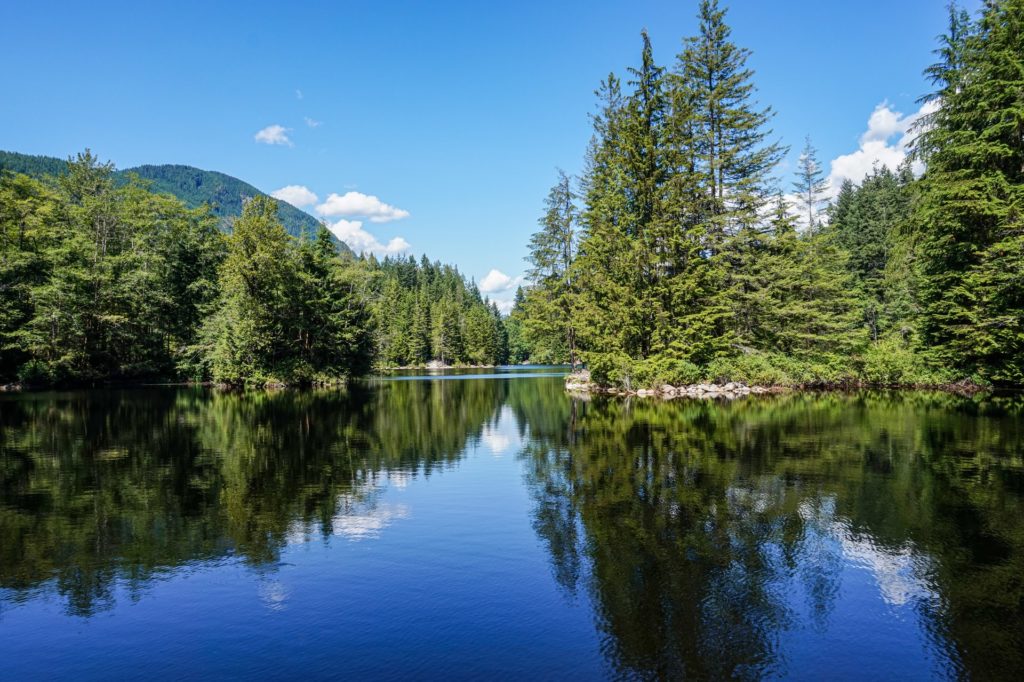
What is a nature reserve?
A nature reserve is a piece of land, often government-owned, that is set aside for the sole purpose of providing native plants and animals a wild space to grow and survive.
Off the Beaten Path
What does off the beaten path mean?
Off the beaten path refers to the idea of exploring places that aren’t the main attraction of a destination. It can be a locally run restaurant off the main drag, or a smaller hotel in a neighbourhood beyond the central location. Sometimes it can even mean choosing lesser-known destinations in the first place.
Overtourism
What is overtourism?
Overtourism refers to the congestion that occurs from too many tourists in one place at one time. Overtourism can negatively impact the local community and environment and is often the result of geotagging. Overtourism is common in the world’s most famous and popular tourist destinations.
Regenerative Travel
What is regenerative travel?
Regenerative travel is sustainable travel, but takes the goals of sustainable travel even further. Regenerative travel aims not only to minimize harm but to maximize the benefit of travel for the community and environment being visited. Regenerative travel tourists leave a place healthier and more enriched than they found it.
Renewable Energy
What is renewable energy?
Renewable energy is energy that comes from sources that have no perceivable end such as solar and wind energy.
Responsible Tourism
What is responsible tourism?
Responsible tourism refers to tourism that strives to do no harm, and through sustainability initiatives either to leave places better off, or as they were found.
Run-off
What is run-off?
Run-off refers to water that runs off a land surface. Run-off is perfectly natural, but it’s important that environmentally hazardous chemicals aren’t mixed in.
Shoulder Season
What is shoulder season?
Shoulder season is the period of time between peak-on and peak-off travel seasons. For example, if summer is peak season and winter is off-season, then the shoulder seasons are spring and fall.
Single-use Item
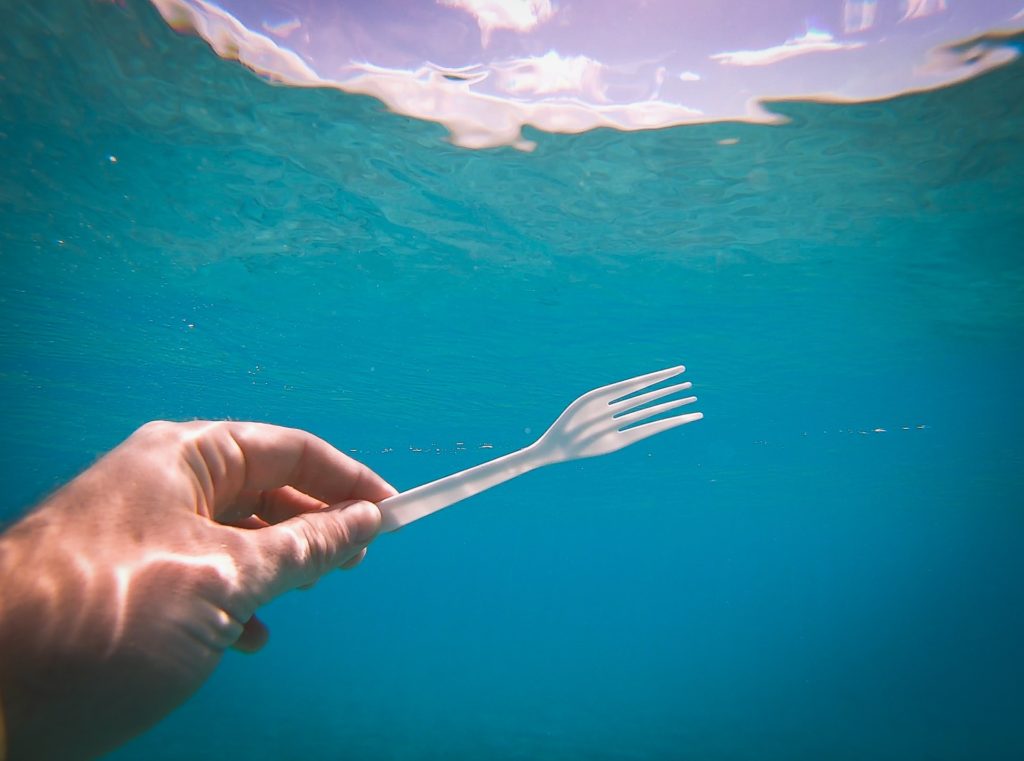
What is a single-use item?
A single-use item is an item that is designed to be used once and then discarded. Common examples are plastic water bottles and cotton swabs.
Slow Fashion
What is slow fashion?
Slow fashion refers to clothes and accessories that are designed, produced, and worn with the environment in mind. It is intended not to be environmentally harmful. Slow fashion is the opposite of fast fashion, that is harmful to the environment.
Small Group Tours
What are small group tours?
Small group tours are tours that include a guide and a small group of people (typically less than 10 or 15).
Social Enterprises
What are social enterprises?
Social enterprises are businesses that prioritize people and the planet over profit. They put the needs of the majority (planet and people) over the desires of the few (shareholders).
Sustainability
What is sustainability?
Sustainability refers to the ability to keep doing something, to continually use something without the resource depleting. Environmental sustainability means interacting with the Earth in a responsible way in order to conserve, preserve, and replenish natural resources. This can include using renewable energy sources where possible, and putting more effort into circular economy systems, for example.
Sustainable Clothing
What is sustainable clothing?
Sustainable clothing is clothing that is produced with eco-friendly materials and in an environmentally friendly way that reduces waste. Sustainable clothing brands often contribute to social sustainability as well, through fair pay, safe working conditions, and by supporting local communities.
Sustainable Fabrics
What are sustainable fabrics?
Sustainable fabrics refer to fabrics that are produced through methods that are better for the environment, and don’t contribute to resource depletion. For example, bamboo requires a third of the amount of water to grow, than cotton does.
Sustainable Tourism
What is sustainable tourism?
Sustainable tourism is a type of tourism that strives to have minimal environmental impact on the environment while providing positive benefits, like wildlife conservation, cultural preservation, and economic support, to the places being visited.
Sustainable Travel

What is sustainable travel?
Sustainable travel refers to traveling in such a way that the act of travel doesn’t harm the people, animals, cultural heritage, economy, or the environment of a place being visited. Sustainable travel encompasses all parts of the trip, from the planning process (deciding where to go and what accommodation to choose), to how to get there and how to move around once you’re there. Sustainable travel includes choices about what to do at a destination and when to do it, as well as what to eat and where to eat, and what to buy and where to buy it.
Vegan Travel
What is vegan travel?
Vegan travel refers to traveling while maintaining a vegan diet and lifestyle in which no animal or animal-derived products are used or consumed.
Voluntourism
What is voluntourism?
Voluntourism combines volunteering and tourism. Travelers have the ability to experience a destination, while at the same time primarily offering their services to a local organization. There are drawbacks to voluntourism and some things worth considering before making the decision.
Wild Camping
What is wild camping?
Wild camping means camping anywhere that isn’t an official campsite.
Wild Swimming
What is wild swimming?
Wild swimming refers to swimming in natural bodies of water, like ponds, creeks, rivers, lakes, and waterfalls, without any rules, protections or boundaries that, for example, a city beach might have.
Wildlife Tourism
What is wildlife tourism?
Wildlife tourism refers to a type of travel in which people go to a destination specifically because of potential wildlife sightings or wildlife encounters that are available. Responsible wildlife tourism supports organizations that work to protect wildlife, not harm it.
Zero Waste
What is zero waste?
Zero waste means that nothing is sent to the landfill during the production process.
Hey reader! Some of the links in this post are affiliate links. This means that if you make a purchase using any of these links, we’ll earn a small commission at no extra cost to you. Hidden Lemur is committed to promoting sustainable travel, and we only partner with brands that we believe contribute positively to that cause.




